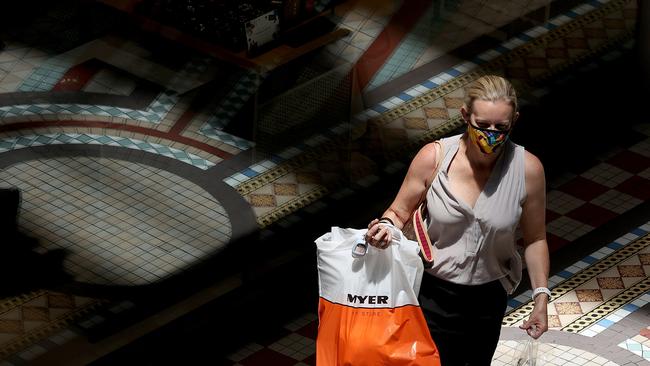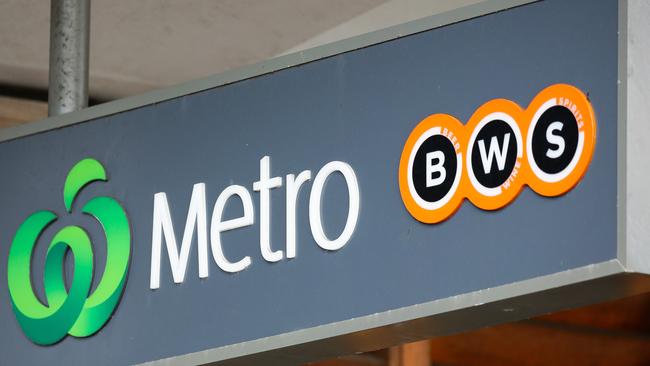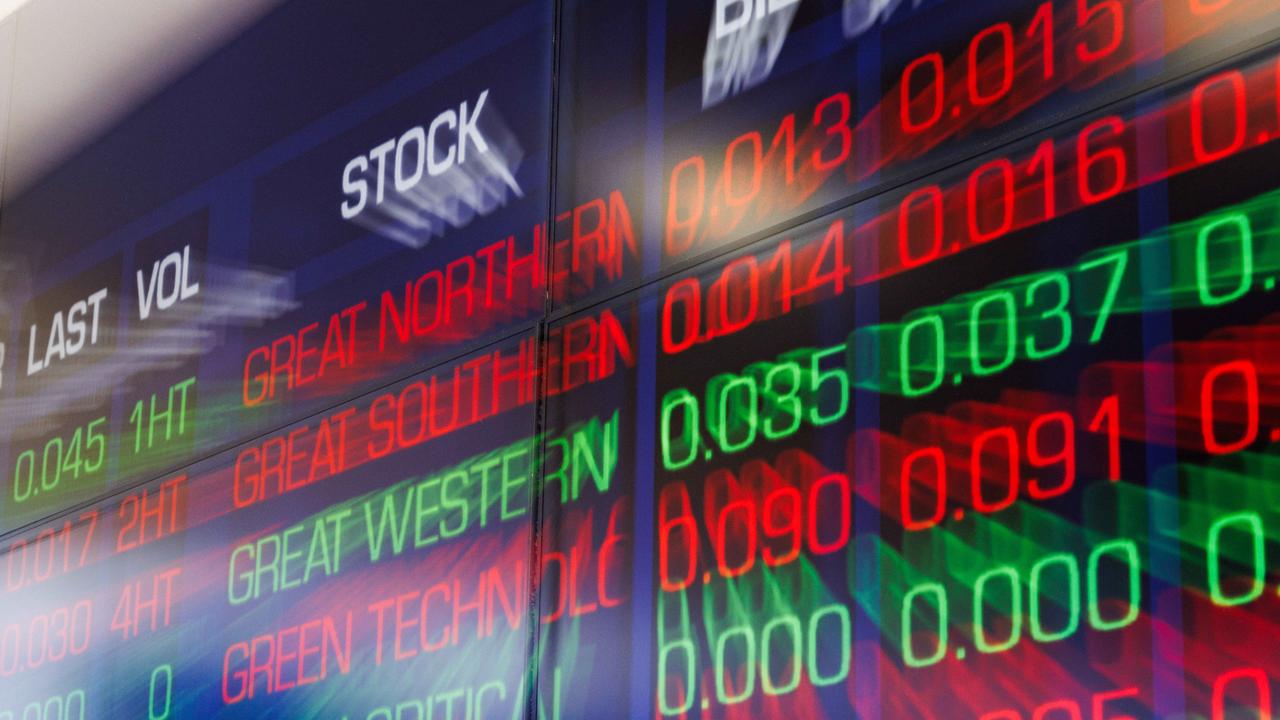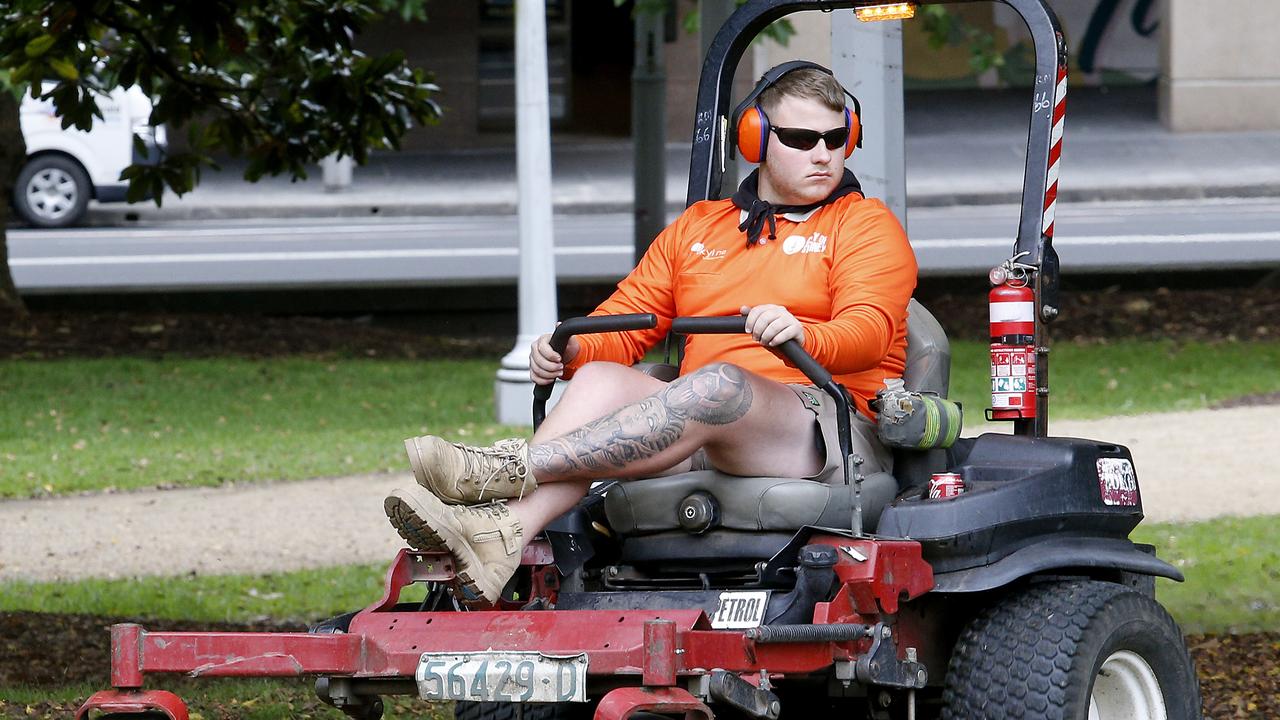Latest ABS data reveals liquor spending has reached its highest point in more than a decade
Latest data from the ABS shows Australians spent more at the bottle shop than in the previous decade during the pandemic.

Business Breaking News
Don't miss out on the headlines from Business Breaking News. Followed categories will be added to My News.
Lockdowns sparked by the coronavirus pandemic caused Australians over the course of 2020 to spend more on booze and entertainment than any year in the last decade.
Latest figures from the Australian Bureau of Statistics shows retail turnover dipped 4.1 per cent on the previous month, with Victoria and NSW the states with the biggest decline.
CommSec chief economist Craig James said the bigger picture was a lot more positive, with spending at the highest levels in the past 12 years, especially liquor retailing and at-home entertainment.
“Over the entire 2020 year, Aussies spent a record $350 billion at retail businesses,” Mr James said.
“The biggest increase in spending was at liquor retailers (up 26.5 per cent) from ‘other’ recreational goods, like toys, games, entertainment, (up 24.8 per cent), and hardware retailing (up 20 per cent).”

December’s northern beaches coronavirus cluster caused a dip in retail trading nationally, as lockdown measures sparked a slump in spending over the Christmas and new year period.
Despite the drop in monthly figures over the last quarter, retail turnover inched 2.5 per cent higher and was largely spurred on by the easing of coronavirus restrictions that supported spending across the economy.
ABS director Ben James said the dip in the data was in part to a bumper level of consumption in November, which rose 7.1 per cent compared with October.
“Victoria (-6.8 per cent) led falls at the state and territory level following stronger trade in November as COVID-19 restrictions eased,” Mr James said.
“NSW (-4.9 per cent) also fell as the northern beaches cluster impacted spending in the lead-up to Christmas.”

Mr James noted the shift in spending had weakened some major sectors of the economy, such as hospitality and tourism operators, which throughout the pandemic had not been able to fully operate.
“Lockdowns meant fewer visits to cafes and restaurants – spending was down 25.4 per cent,” he said.
“We spent less on clothes (down 8 per cent), shoes (down 9.5 per cent) and newspapers/books (down 12.2 per cent).”
BIS Oxford Economics chief economist Dr Sarah Hunter said spending patterns were expected to trend back towards pre-COVID levels over the course of the year.
“Food and household goods will therefore likely see further declines, though household goods will see some support from the rapid rebound in the housing market,” Dr Hunter said.
“Spending on clothing and in department stores is also likely to fall back, with the rebound in the December quarter taking both categories well ahead of pre-COVID levels. But a further recovery in cafes and restaurants should materialise; the volume of sales was still 8 per cent lower than a year ago.”
Originally published as Latest ABS data reveals liquor spending has reached its highest point in more than a decade



